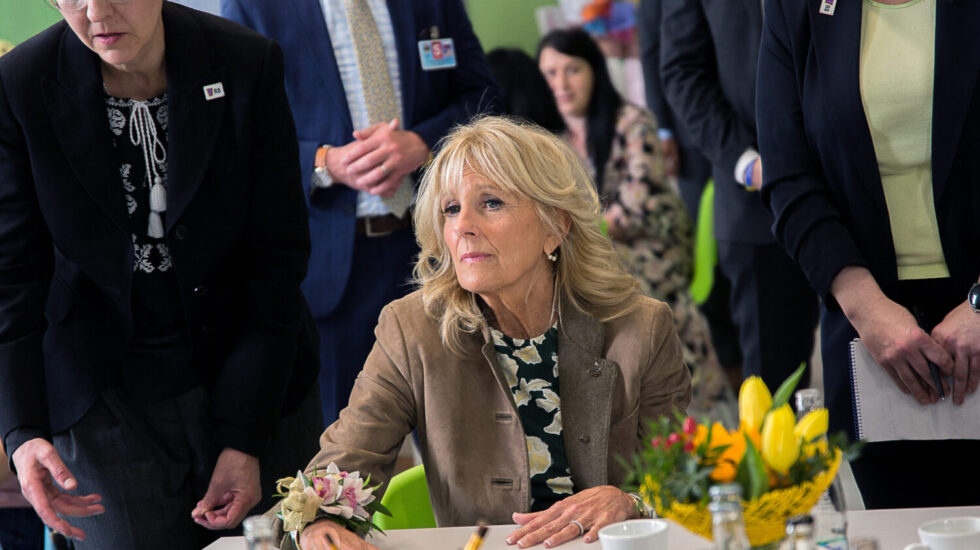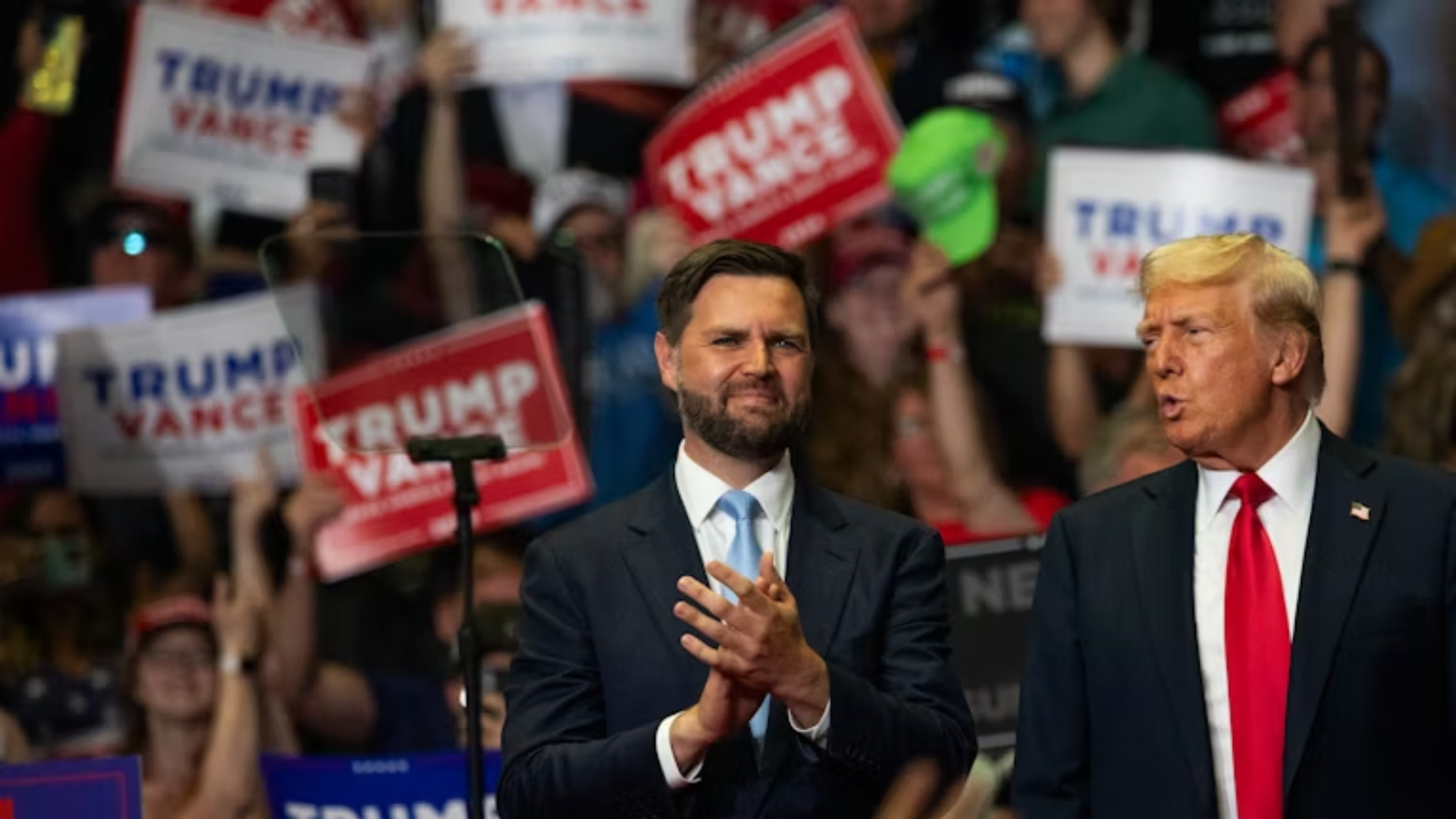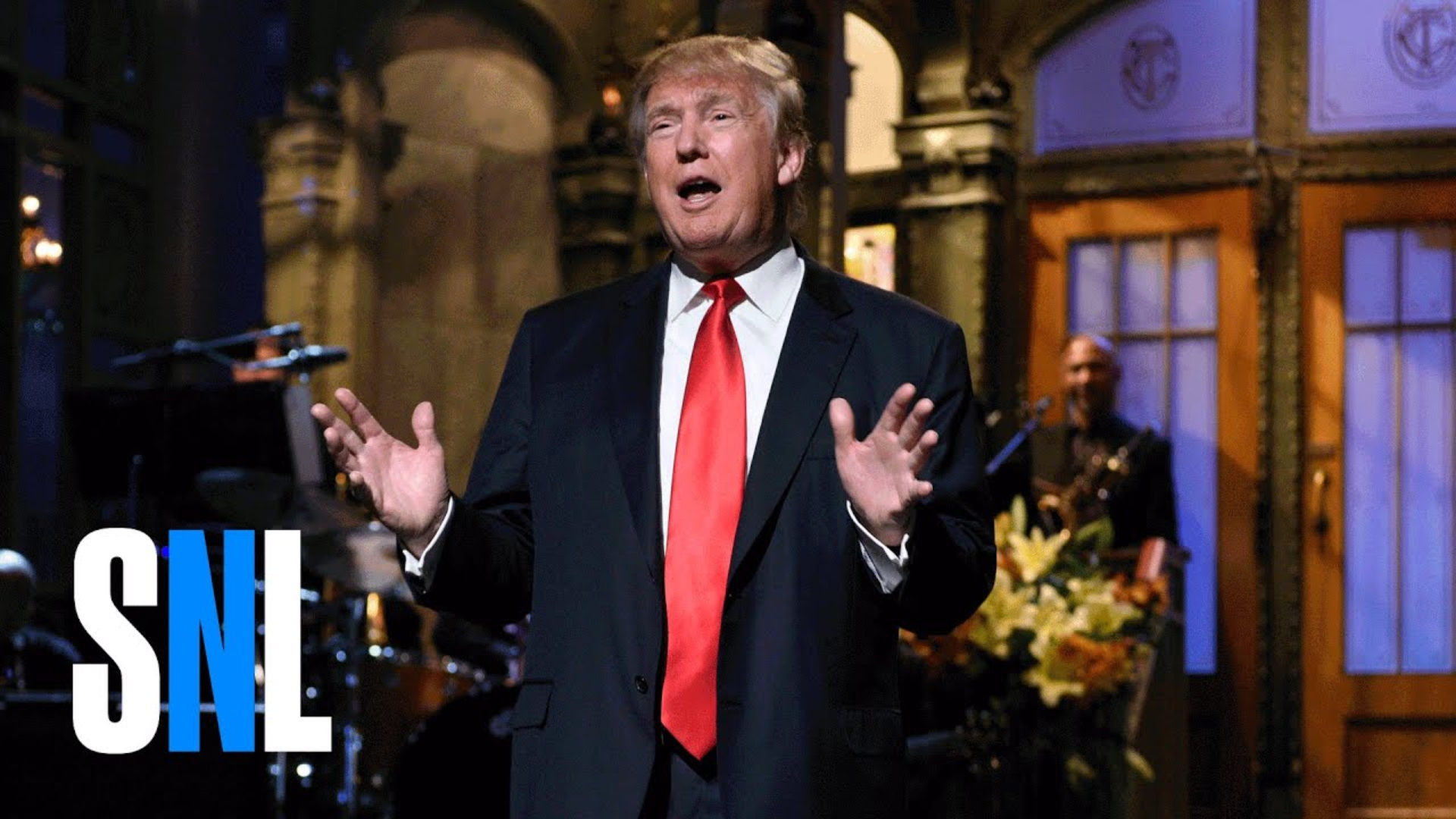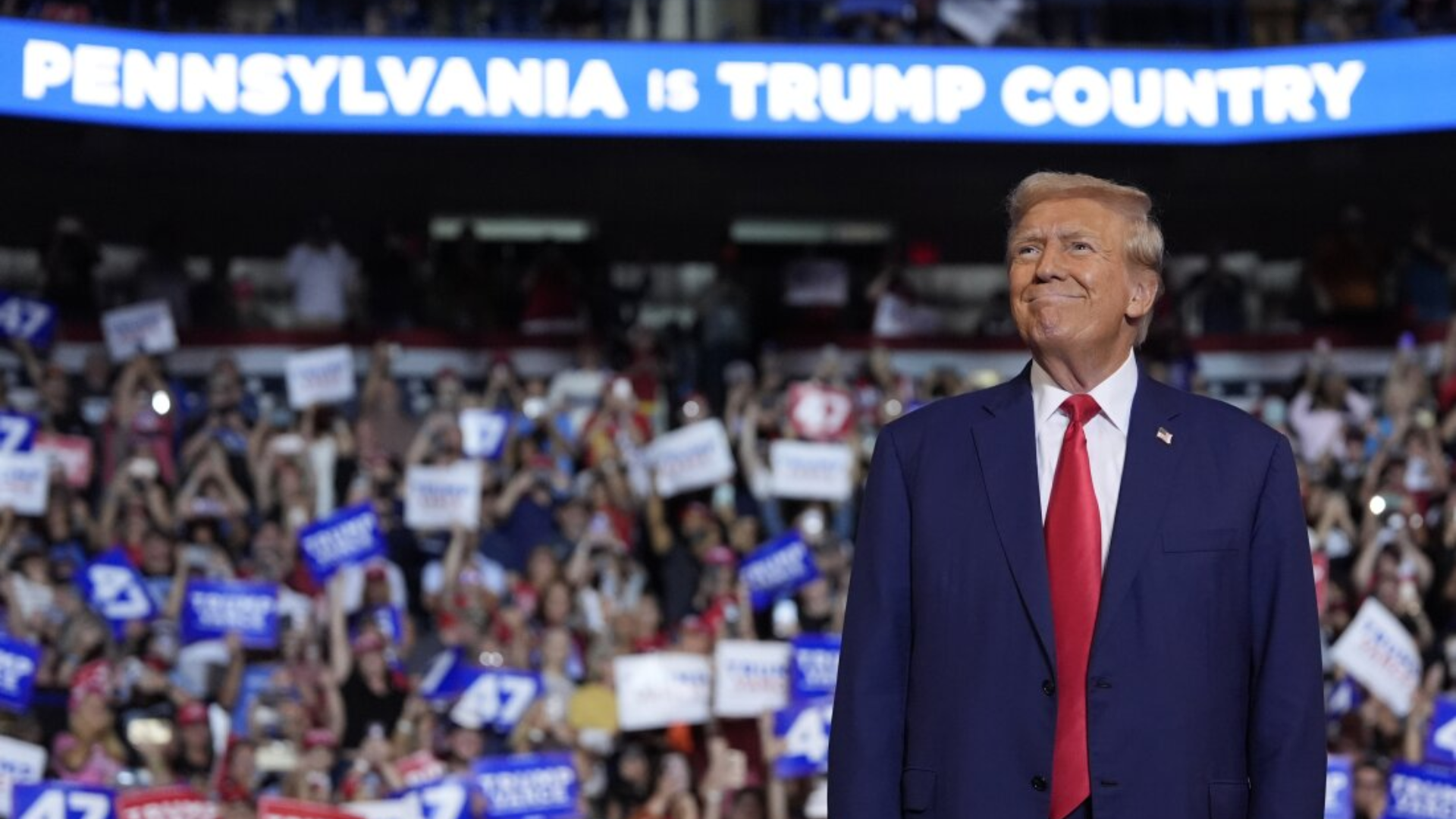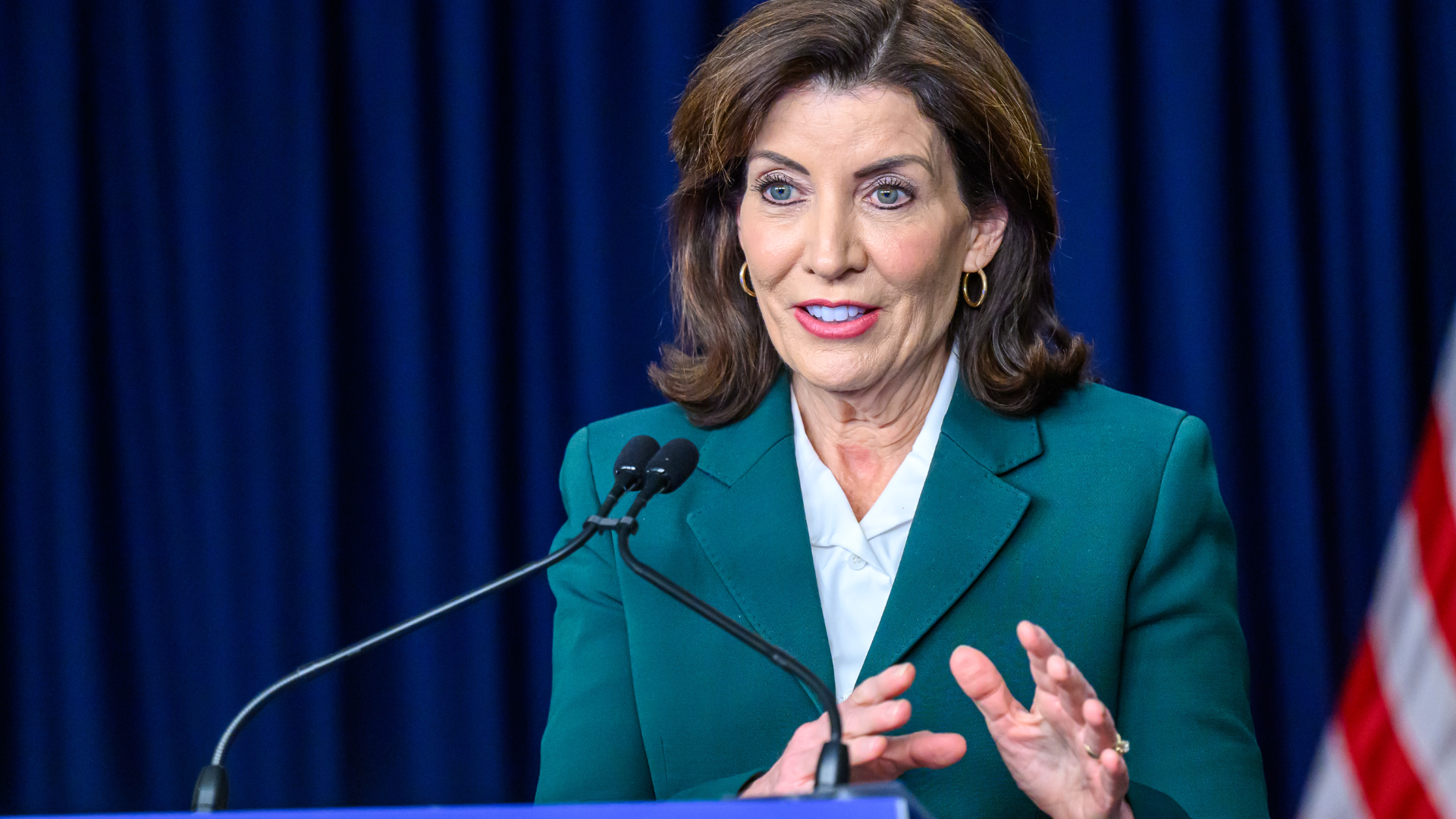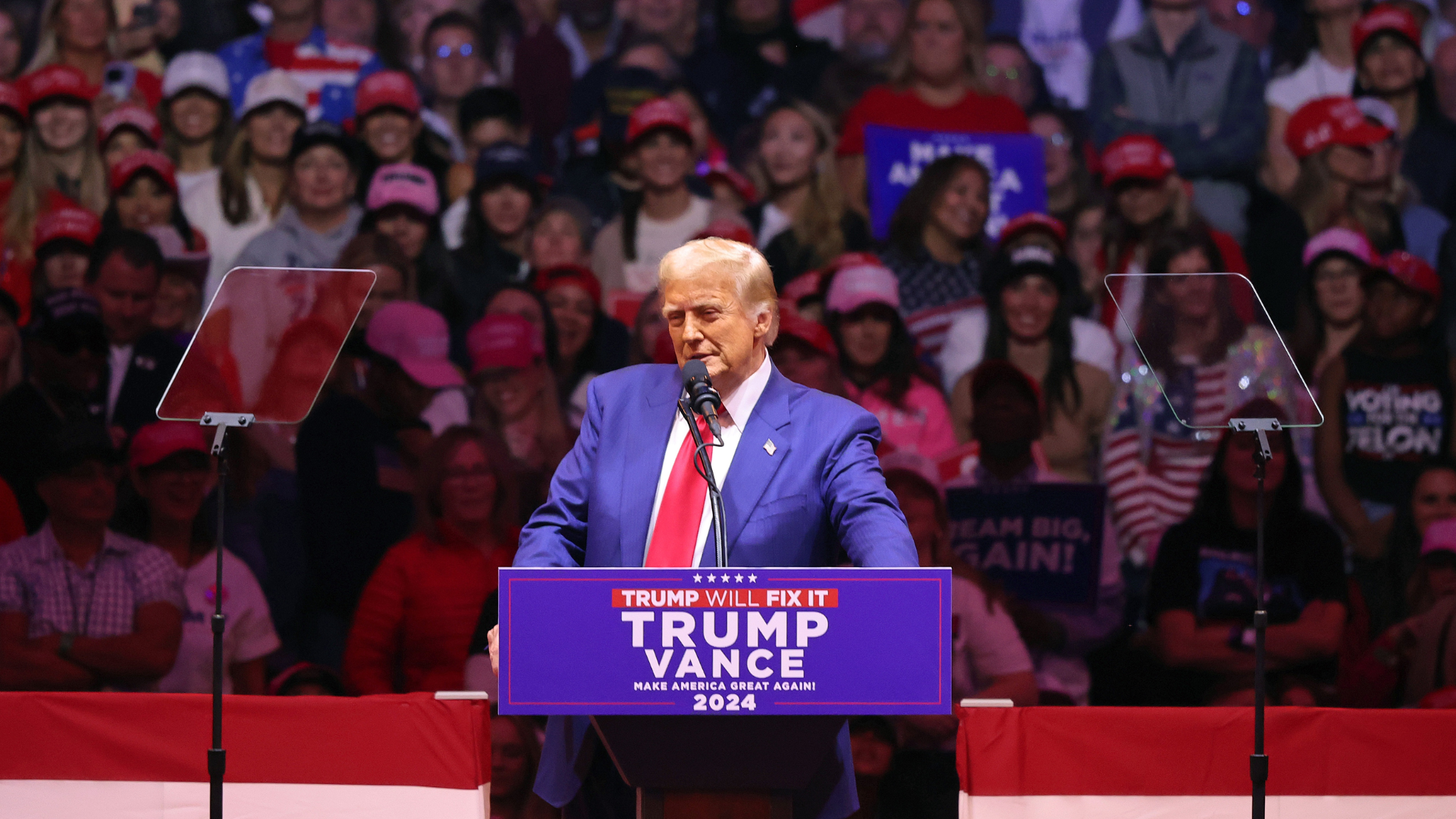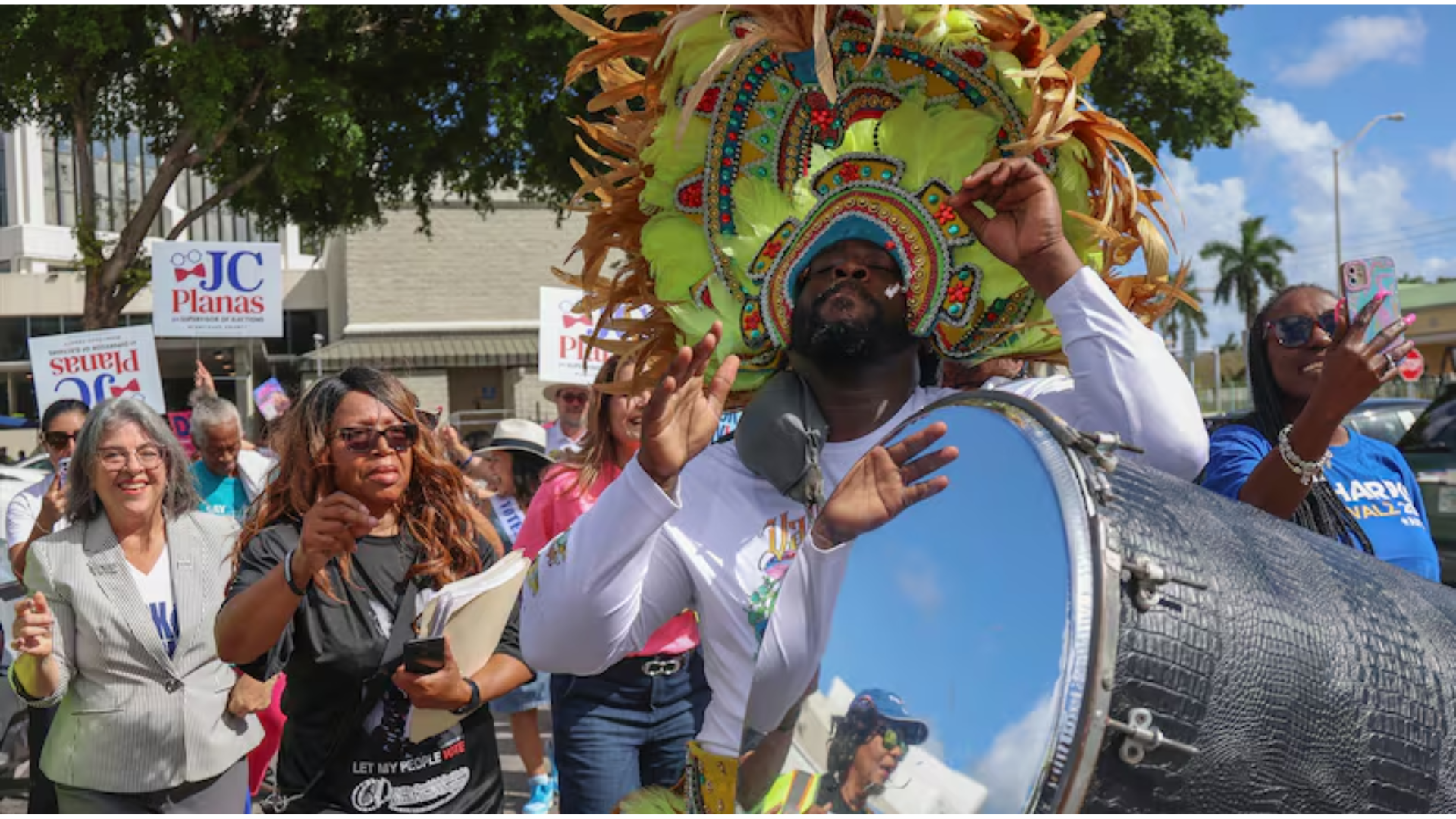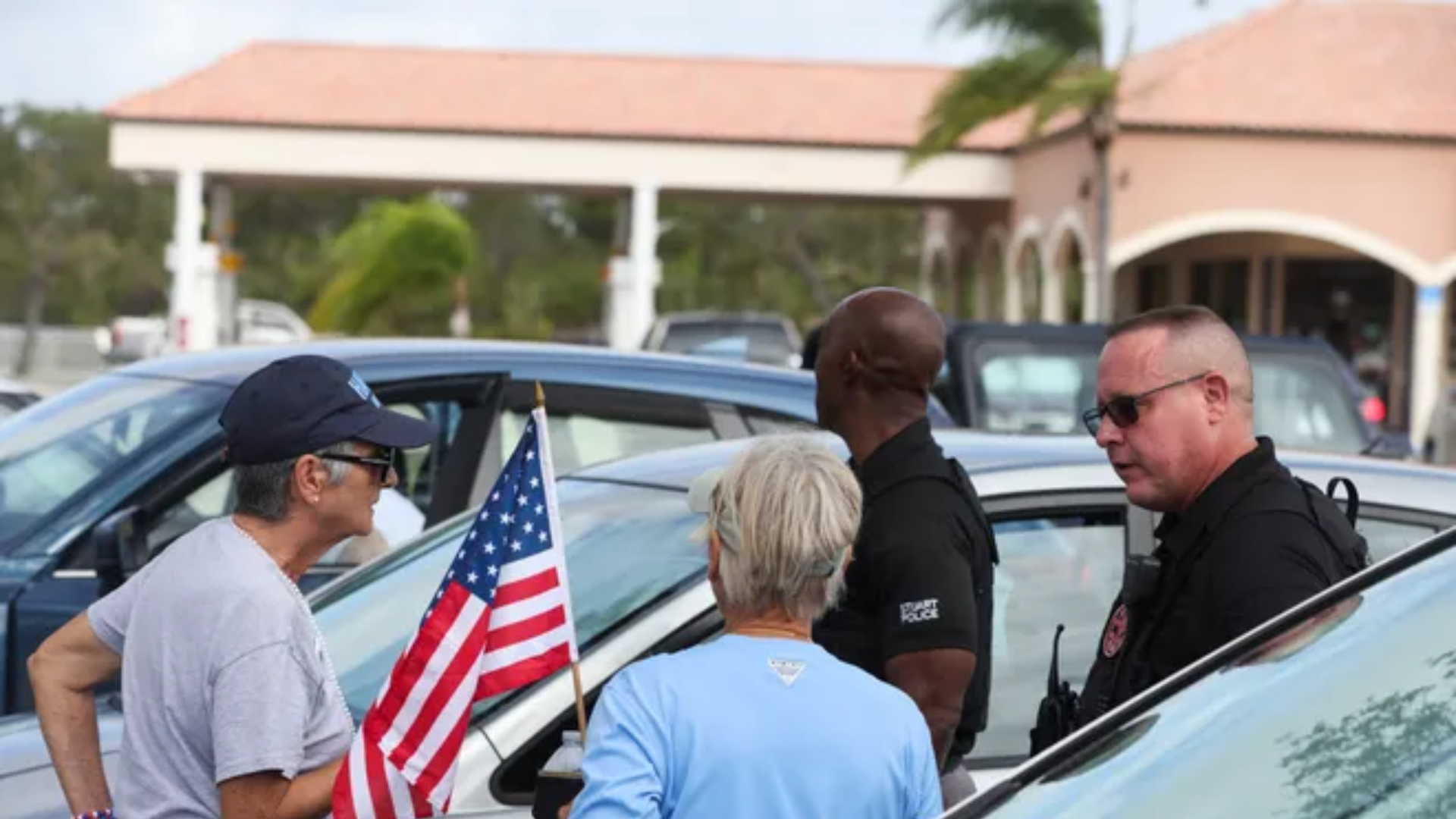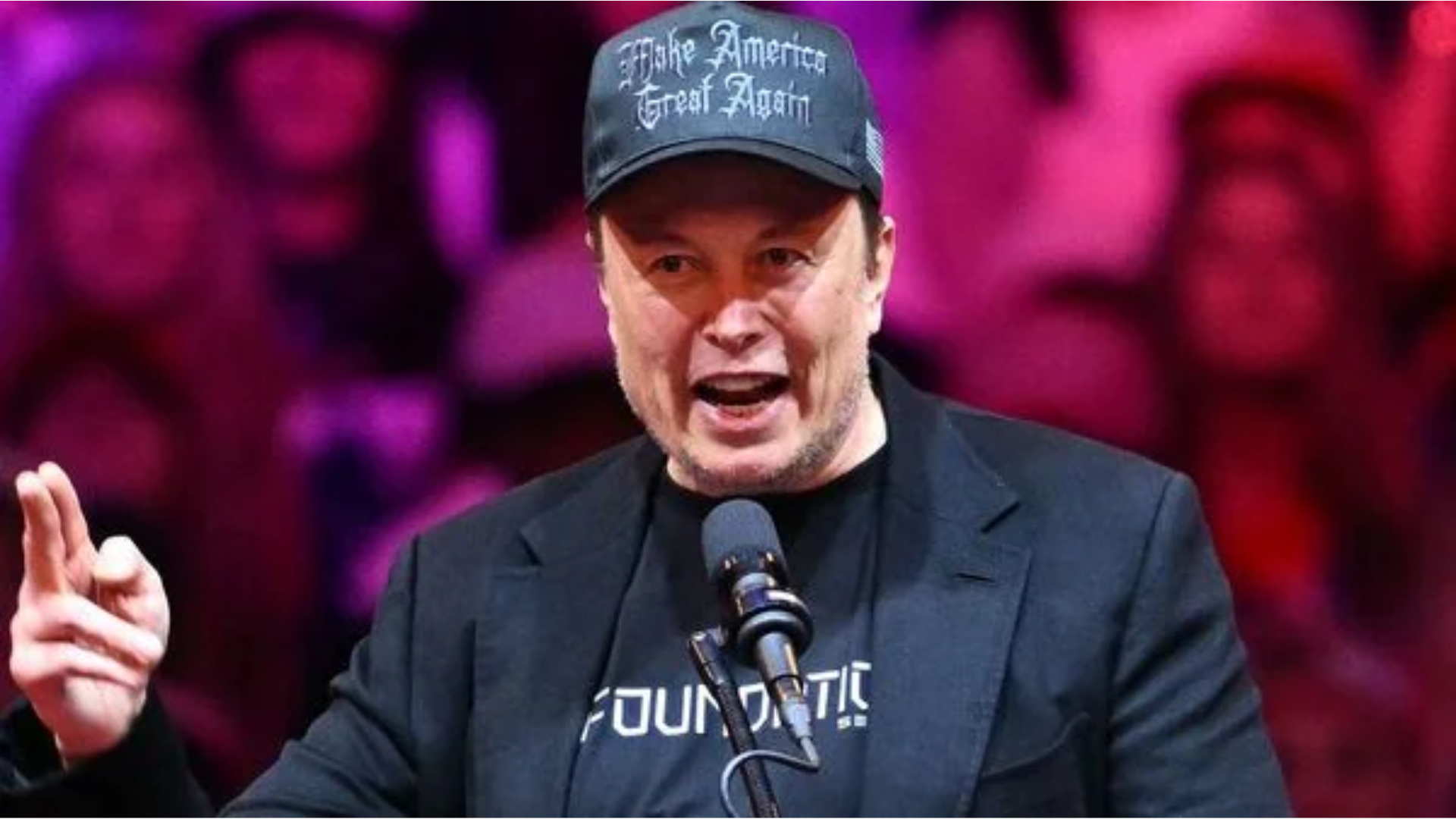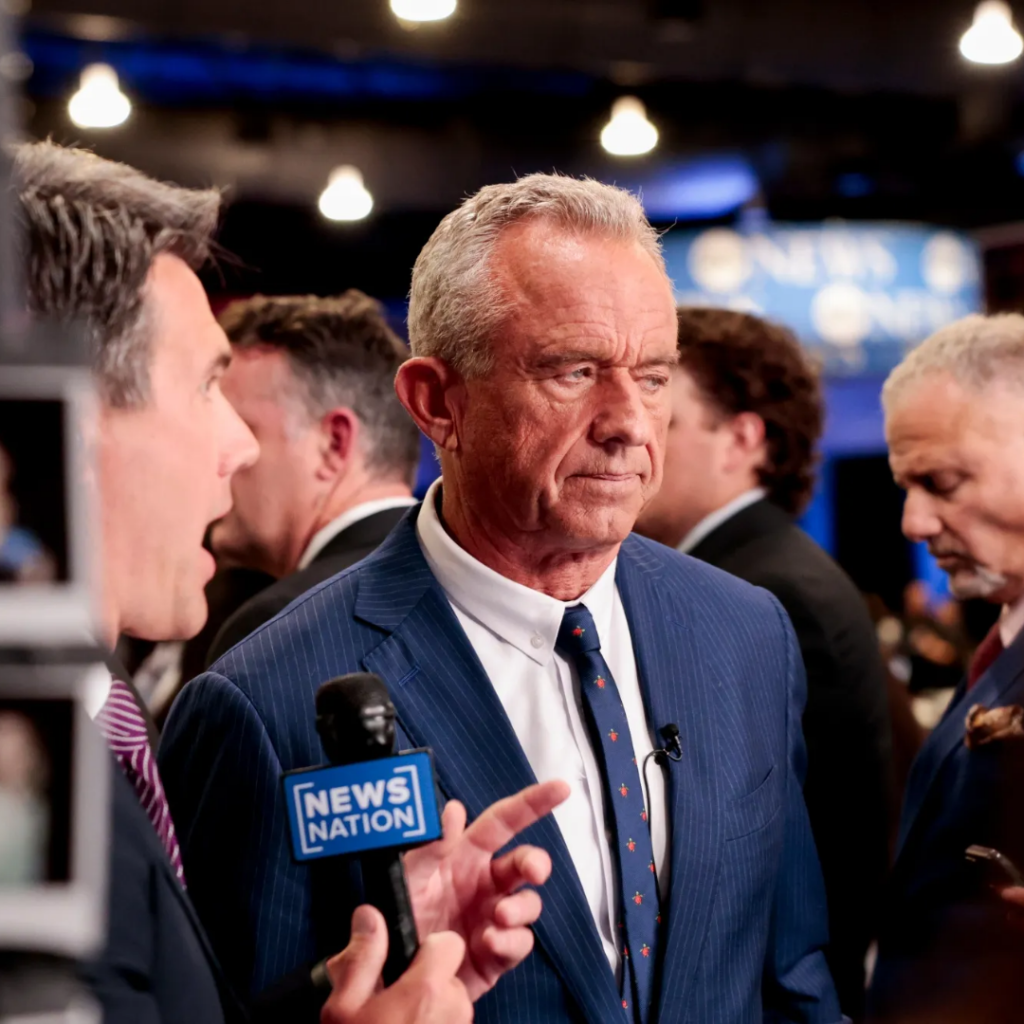
The Supreme Court has rejected Robert F. Kennedy Jr.’s efforts to have his name taken off the presidential ballots in Michigan and Wisconsin. In two brief orders issued on Tuesday, the justices denied Kennedy’s requests to remove his name, even though early voting in these crucial states is already underway.
Kennedy, who suspended his presidential campaign in August, expressed concerns that having his name on the ballot could mislead voters about his commitment to serving if elected. After announcing the suspension of his campaign, he endorsed former President Donald Trump and began working to remove his name from ballots in ten states.
In Wisconsin, Kennedy’s legal team proposed a unique solution: covering his name with stickers on around 4 million ballots. This approach came after the Wisconsin Elections Commission denied his request to withdraw his candidacy. State officials cautioned that implementing this plan just a week before Election Day would be an enormous logistical challenge. They labeled the idea “absurd,” arguing it would create significant disruption for election workers.
Kennedy’s lawyers argued that forcing his name to remain on the ballot violated his First Amendment rights by compelling his speech. They stated that listing him as a candidate misrepresents his willingness to serve, thus misinforming voters. However, Wisconsin law prohibits the removal of a candidate’s name from the ballot unless they are deceased.
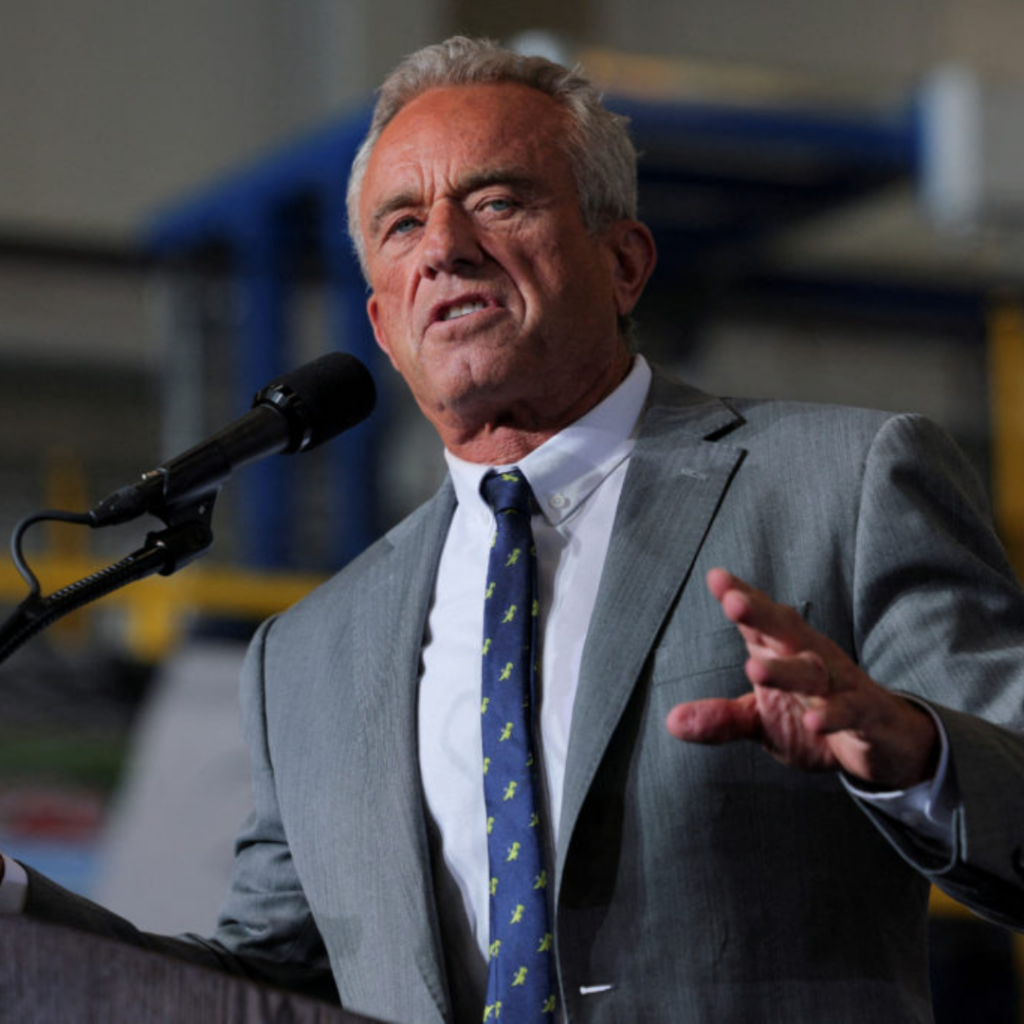
In Michigan, Kennedy made a similar claim, stating that his name’s inclusion misrepresents his intentions to voters. He asserted that Michigan Secretary of State Jocelyn Benson was infringing upon his First Amendment rights by listing him as a candidate. His legal team argued that this would confuse voters who might think he was still running.
However, Michigan officials countered that changing the ballot at this late stage was impractical. Ballots had already been printed for many counties, and starting the printing process anew just days before the election would not be feasible. They emphasized that Kennedy’s late requests could disrupt the entire election process.
The Michigan Supreme Court had already ruled that Kennedy could not withdraw from the general election, leading to further legal action on his part. He even filed a federal lawsuit, claiming his constitutional rights were being violated. But the U.S. Court of Appeals for the 6th Circuit sided with state officials, stating that altering the ballot after the printing had begun would create significant challenges for both voters and election administration.
Kennedy’s efforts in these two states stand in contrast to his actions in New York, where he argued that his supporters had the right to vote for him, regardless of his campaigning status. He was disqualified in New York due to issues with his nominating petition. The Supreme Court denied his bid to be reinstated on the New York ballot last month.
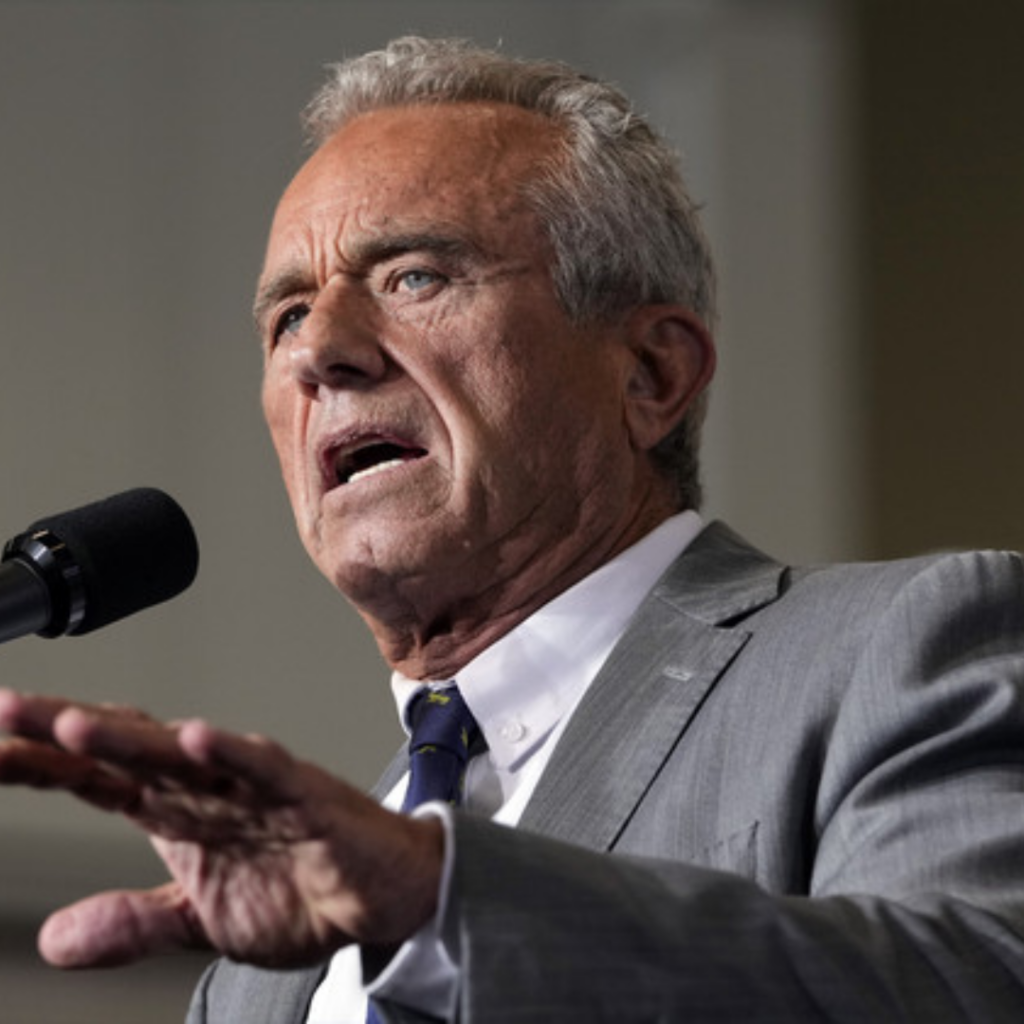
After initially encouraging his supporters to vote for him in states where it wouldn’t harm Trump’s chances, Kennedy later shifted his advice, urging them to back the Republican nominee entirely. His efforts to remove his name from the ballots in Michigan and Wisconsin stem from a desire to consolidate support for Trump in what he sees as competitive states.
As it stands, Kennedy’s name will remain on the ballots in both states, complicating the voting landscape as the election approaches. His ongoing legal battles highlight the complexities of election laws and the challenges faced by candidates in navigating the political landscape.
